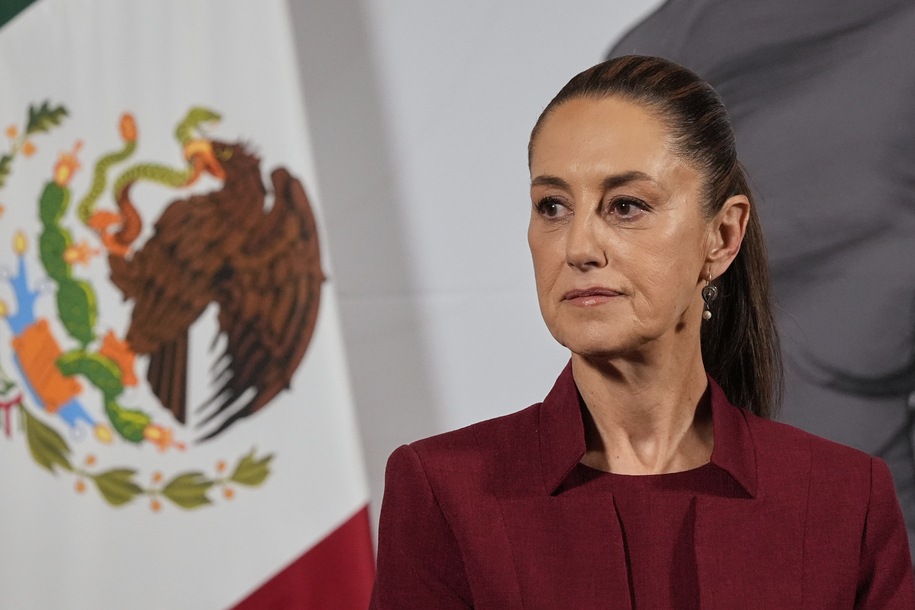President Donald Trump’s recent announcement regarding the extension of 25% tariffs on Mexico signals yet another significant hurdle in his administration’s global trade negotiations, extending the period of economic uncertainty for businesses and consumers alike.
This decision further solidified the derisive nickname “TACO” – Trump Always Chickens Out – which has become a cautionary guide for Wall Street traders making investment decisions based on the president’s tendency to back away from his grand pronouncements and tariff threats.
Despite the evident failure to secure a new trade deal, Trump attempted to reframe the situation on his social media platforms, citing the “complexities” of the U.S.-Mexico border as a reason for the protracted negotiations, while claiming the extension maintained the “exact same deal” previously in place.
This marks the second instance of Trump retracting from his initial tariff threats against Mexico, following a similar retreat in April. The absence of an extension would have triggered a substantial 50% tariff, imposing a massive tax hike on American consumers, given Mexico’s status as the United States’ largest trading partner.
The phone call between Trump and Mexican President Claudia Sheinbaum was optimistically portrayed as “successful” by Trump, yet it underscored his diplomatic retreat. Sheinbaum, known for her steadfastness, has previously demonstrated her indifference to Trump’s bluster, notably by mocking his inaccurate labeling of the “Gulf of America” even before his presidency began.
Trump has consistently endeavored to cultivate an image as a master negotiator, embodying the principles of “The Art of the Deal.” However, his real-world outcomes, particularly concerning the Mexican trade impasse, frequently deviate from this portrayal, reinforcing the perception of his adherence to the “TACO” pattern.
The broader implications of Trump’s protectionist economic policy extend beyond specific trade deals. Even when agreements are reached, such as with the European Union, the consistent pattern has been an increase in tariffs, leading to elevated prices for essential goods like medication, ultimately burdening consumers.
As these tariffs persist, the United States economy grapples with rising inflation, which appears to be a direct consequence of these trade measures. The entire tariff argument, often touted as a strategic leverage, seems to be unraveling, with Trump consistently unable to maintain his initial aggressive stance, thus contributing to an environment of significant market uncertainty.






Leave a Reply